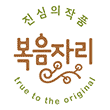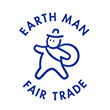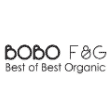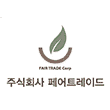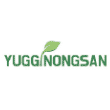- You are here :
- Home
- Farmers and Workers
- Coffee
Coffee
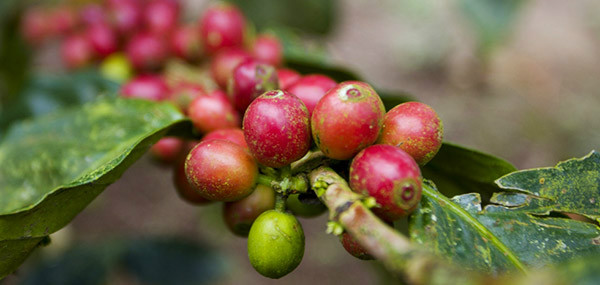
ABOUT COFFEE
Coffee is such an integral part of everyday life that few of us stop to think what goes into growing the beans that make this hugely popular beverage.
Coffee is grown in more than 70 countries but over 60 per cent of the world’s coffee is produced by just four of them – Brazil, Vietnam, Colombia and Indonesia. Latin America is the largest regional producer with a 60 per cent share, followed by Asia and Oceania (27%), and Africa (13%).
The challenges facing coffee farmers
The global coffee sector faces many challenges in the next decade including the continuing global economic crisis, volatile coffee prices, shortages of coffee supply from key origins, rising production costs, reduced availability of land and labour, food security and poverty in coffee communities, and the impacts of climate change.
While coffee is clearly profitable for food companies, it’s a very different story for coffee farmers. The share of the retail value of coffee retained by the producer has fallen over the decades – in the 1970s, producers retained an average of 20 per cent of the retail price of coffee sold in a shop. When oversupply caused prices to crash to historic lows during the coffee crisis of 1994 – 2004, research found coffee growers received just 1-3 per cent of the price of a cup of coffee sold in a café in Europe or North America and 2-6 per cent of the value of coffee sold in a supermarket.
Farmers are also the worst affected by the notorious volatility of world coffee prices. In recent years the price of Arabica coffee has swung from a 30-year low of 45 cents a pound in 2001 to a 34-year high of almost 309 cents in 2011. And then, between May 2011 and December 2013, prices fell by 65% as a result of the Euro crisis and oversupply of coffee. This price volatility has significant consequences for those who depend on coffee for their livelihood, making it difficult for growers to predict their income for the coming season and budget for their household and farming needs. When prices are low farmers have neither the incentive nor resources to invest in good maintenance of their farms by applying fertilizers and pesticides or replacing old trees. When prices fall below the costs of production, farmers struggle to put adequate food on the table and pay medical bills and school fees.
How is Fairtrade making things better?
Fairtrade was started in response to the dire struggles of Mexican coffee farmers following the collapse of world coffee prices in the late 1980s. From the 1960s until 1989, the coffee market was kept in reasonable balance of supply and demand in part due to the 1962 International Coffee Agreement (ICA) and subsequent agreements, signed by governments of producing and consuming countries. The ICA regulated much of global coffee trade through a system of export quotas and buffer stocks which largely maintained stable and remunerative prices to growers. The economic clauses of the ICA were suspended in 1989 because of abuse of the quota system and their incompatibility with prevalent free market economic policies.
Controversial IMF and World Bank structural adjustment programmes (SAP) required governments of producing countries to privatise state-controlled industries such as the coffee sector and open them to competition from private traders ostensibly to improve efficiency. As a consequence, world coffee prices immediately dropped by half to less than 80 cents a pound.
Fairtrade was set up to ensure coffee farmers receive a fair and stable price for their coffee that covers their costs of production. Fairtrade certified co-operatives can count on at least the Fairtrade Minimum Price of $1.40 per pound for arabica coffee sold on Fairtrade terms (30 cents more if organic), plus an extra 20 cents per pound Fairtrade Premium to invest as they see fit – 5 cents of which is dedicated to improving productivity and quality. These tools give farmers the stability and confidence to budget for next farming season and household expenses and drive development in their communities.
Fairtrade currently works with more than 730,000 farmers globally through 439 Fairtrade certified coffee producer organisations. Fairtrade coffee farmers cultivate coffee on more than 1 million hectares worldwide producing an estimated 470,000 tonnes of coffee of which 37% is also certified organic. The Fairtrade Premium is valuable additional capital that allows farmer organisations to reinvest in improving infrastructure, services to farmers such as training on better farming practices or credit and financial services, but also to support cash payments to farmer members who are struggling with food security or other basic needs. Fairtrade Standards are designed to deliver against all three pillars of sustainability – economic, social and environmental.
There are Fairtrade Coffee suppliers in Korea. Click here to see the profiles.
Source Fairtrade coffee beans directly from Fairtrade producers. Click here to learn more













